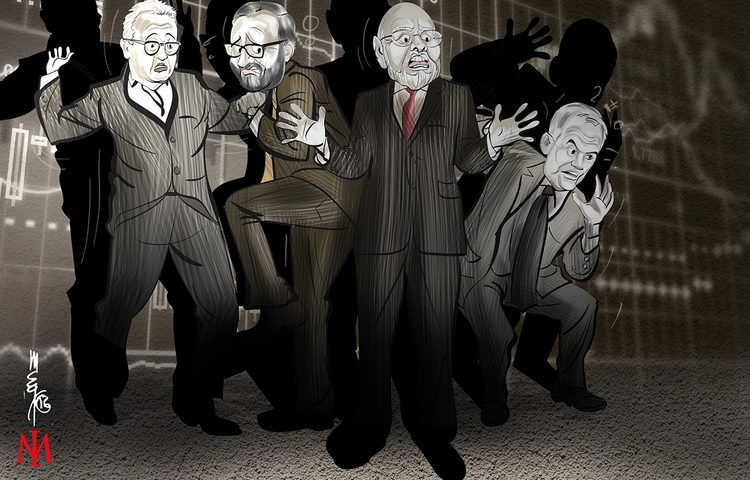Reblog: Some Mistakes…
So much has been written about vicarious learning i.e. learning from mistakes of others. It is humbling to admit that despite all the knowledge out there, I failed to learn vicariously. The purpose of writing this piece is to put down the learning’s (very expensive ones) over the last decade or so. I hope to smarten up in the future though.
Before writing about what did not work, it is important to set the context. There is no best or the right way to invest – investors have successfully generated huge returns from different investing strategies – be it buying and holding quality companies, chasing growth even at high valuations, buying cheap companies betting on turnarounds etc. People have made large amount of wealth by having concentrated as well as diversified portfolio. So investors have to explore what works for them, given their financial requirements, temperament, skill and time horizon.
Two important factors to consider while looking at the mistakes (and lessons) are:
- Allocation strategy: diversified or concentrated. I go with a concentrated strategy so these mistakes are more relevant in that context.
- Portfolio approach: It is important to look at the portfolio return and how the portfolio is structured. This is different from trying to maximize returns from each individual stock.
The major mistakes (with very high opportunity cost) made over the past years:






